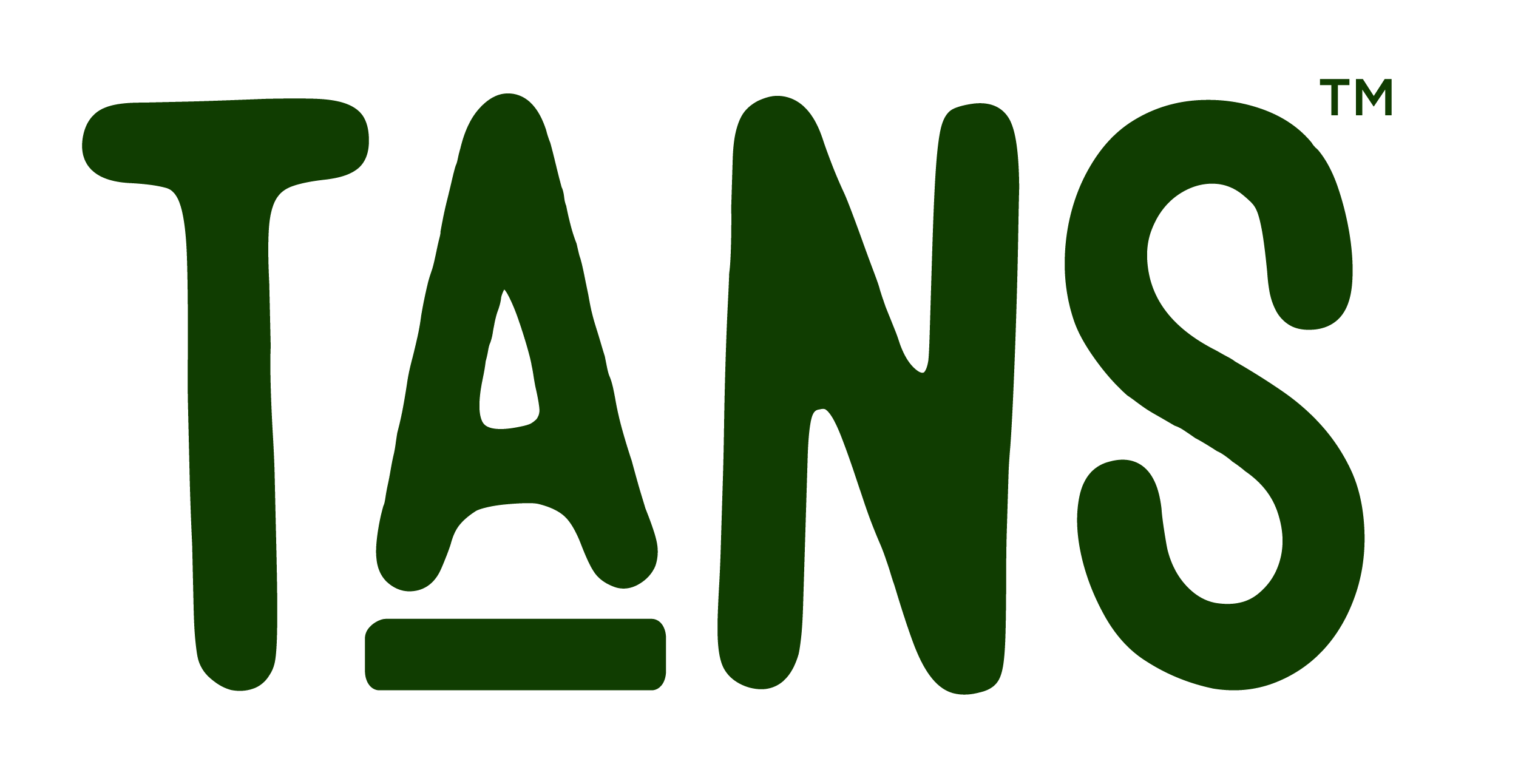Living in 2023 in terms of food and beverage has its own benefits and drawbacks, and there are times that we are spoilt for choice. It is often difficult to get satiating feelings when at the back of one’s mind there are still a few munchie – driven desires left unfulfilled. Years of research have shown strong evidence that vegans or vegetarians are 40% less likely to develop cancer than their meat consuming counterparts. Along with that, there is reduced risk of development of heart disease, high blood pressure, and osteoporosis. There is also a good chance of preventing and maybe even reversing type 2 diabetes.
The first worry of adopting a plant-based diet can be insufficient protein intake, although that should not be a concern as there are various plant protein sources available today such as soy, beans, lentils, chickpeas, nuts, seeds and whole grains. A balanced diet spread over multiple meals can be beneficial as separate portions of proteins can be consumed in between those meals. It is important to note that our body can absorb only 16 to 21 grams of protein in a single sitting.
Vitamin B12 is available in animal based foods like yogurt, milks and fortified cereals or supplements. There is a lack of true source for vitamin B12 for vegans, Almond milk being the most natural form available. Apart from that fortified soy, yeast in forms of yogurt, milk, spreads, Plant based meats and fortified cereals are the only limited options.

Vitamin D can be acquired by practicing limited exposure to the sun. This is a vital nutrient as it is essential in maintaining bone health, similar to the role of calcium. People living through harsher winters in northern climates may require supplementation due to the lack of sunshine.
Zinc can be obtained from plant based foods like legumes, beans and whole grains. Additionally, one must remember to sprout or soak them before cooking, as this would reduce the phytic acids present in them. Phytic acid reduces absorption of zinc in the body by a great margin.
Omega-3-fatty acids have limited sources apart from animal based foods, but they are available in sufficient amounts in chia seeds, flaxseeds, walnuts and hemp seeds. Any one or a mixture of these amounting to 2 tablespoons will cover your daily requirement.
Maintaining a balanced diet comprised of varied nutritious foods is the key to being in optimal health. Only after trial and experimentation can one know the foods that they are comfortable with and derive most benefit from long term. Consuming a wide variety of cruciferous vegetables, citric fruits, nuts, seeds and spices will help you be in good health and maximize your longevity.
Plant based diets have shown clear evidence of their abilities to boost your health, strengthen immunity, maintain a healthy heart and improve body functioning. A lower occurrence of digestive and sleep disorders are observed due to higher fiber and essential micronutrient content in plant based diets.

Pingback: How TANS Rawblends Support a Balanced Lifestyle for Busy Indians - TANS- Tasty Accessible Nutritional Support